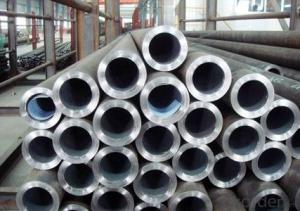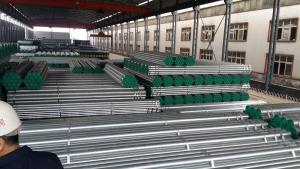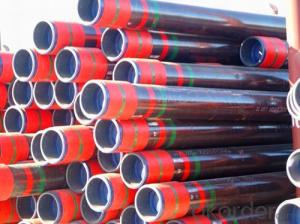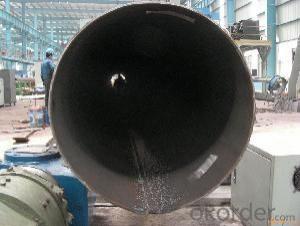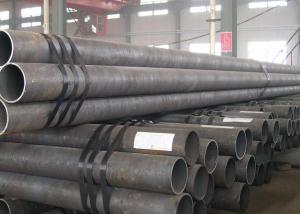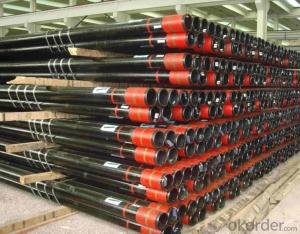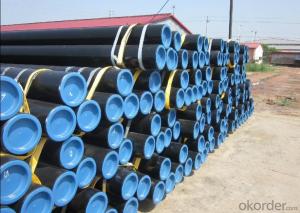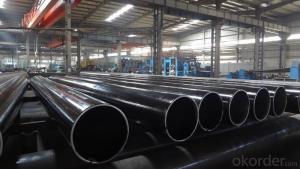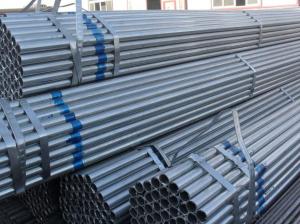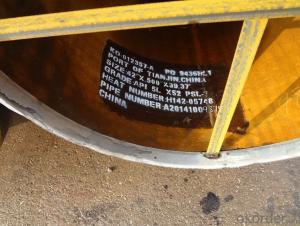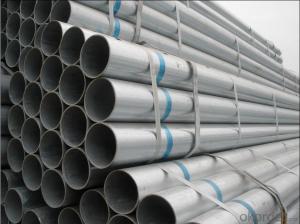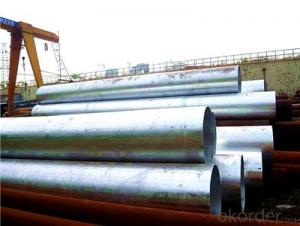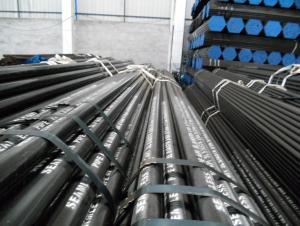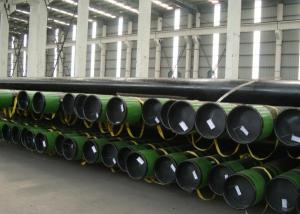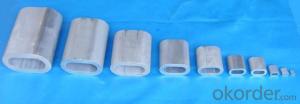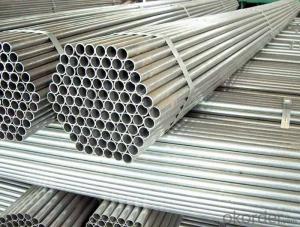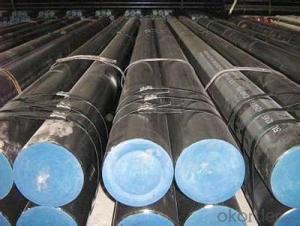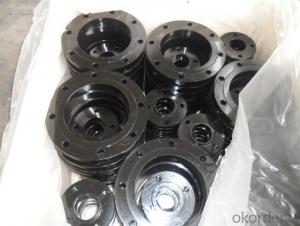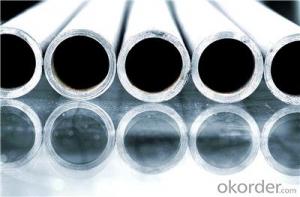All Categories
- - Steel Wire Rod
- - Steel Coils
- - Steel Profiles
- - Steel Pipes
- - Stainless Steel
- - Tinplate
- - Special Steel
- - Steel Sheets
- - Steel Rebars
- - Steel Strips
- - Hot Rolled Steel
- - Cold Rolled Steel
- - Pre-painted Steel
- - Seamless Steel Pipe
- - Welded Steel Pipe
- - Hollow Steel Tubes
- - Galvanized Pipe
- - Stainless Steel Coil
- - Stainless Steel Sheet
- - Stainless Steel Plate
- - Stainless Steel Strips
- - Electrolytic Tinplate Coil
- - Electrolytic Tinplate Sheet
- - Stainless Steel Rebars
- - Solar Panels
- - Solar Water Heater
- - Solar Related Products
- - Solar Inverter
- - Solar Cells
- - Solar Light
- - Solar Energy Systems
- - Solar Controllers
- - Solar Mounting System
- - Solar Pump
- - Solar Chargers
- - Fiberglass Chopped Strand
- - Fiberglass Mesh Cloth
- - Composite Pipes
- - FRP Pultrusion Profiles
- - Fiberglass Mat Tissue
- - Fiberglass Fabrics
- - Fiberglass Mesh
- - Composite Tank
- - Fiberglass Mesh tape
- - Polymer
- - FRP Roofing Panel
- - Fiberglass Roving
- - Monolithic Refractories
- - Ceramic Fiber Products
- - Refractory Bricks
- - Raw Materials For Refractory
- - Suspended Platform
- - Cranes
- - Concrete Machinery
- - Earthmoving Machinery
- - Building Hoist
- - Road Building Machinery
- - Plastic Pipe Fittings
- - Plastic Tubes
- - Plastic Sheets
- - Agricultural Plastic Products
- - Plastic Nets
 All Categories
All Categories
Q & A
Can welded steel pipes be used for pulp and paper mills?
Yes, welded steel pipes can be used for pulp and paper mills. Welded steel pipes are commonly used in various industrial applications, including pulp and paper mills, due to their strength, durability, and resistance to corrosion. These pipes can efficiently transport various fluids and chemicals involved in the manufacturing process of pulp and paper, making them suitable for use in such mills.
What are the different types of fittings used for welded steel pipe?
There are several different types of fittings used for welded steel pipe, including elbows, tees, reducers, caps, and flanges.
How are welded steel pipes tested for quality and compliance?
Welded steel pipes are tested for quality and compliance through various inspection and testing procedures. These procedures include visual inspection, ultrasonic testing, radiographic testing, hydrostatic testing, and dimensional inspection. Visual inspection involves examining the surface of the pipes for any defects, such as cracks or uneven welds. Ultrasonic testing uses high-frequency sound waves to detect any internal flaws or discontinuities in the weld. Radiographic testing involves taking X-ray or gamma ray images of the weld to identify any defects not visible to the naked eye. Hydrostatic testing involves subjecting the pipes to high-pressure water to check for leaks or weaknesses in the weld. Lastly, dimensional inspection ensures that the pipes meet the specified size, shape, and other dimensional requirements. These comprehensive tests ensure the quality and compliance of welded steel pipes before they are used in various applications.
What is the difference between ERW (Electric Resistance Welding) and SAW (Submerged Arc Welding) processes for making welded steel pipes?
The main difference between ERW and SAW processes for making welded steel pipes lies in the way the welding is carried out. In ERW, the welding is done by applying an electric current to the edges of the steel strip, resulting in a fusion of the materials. On the other hand, SAW involves the use of a granular flux that covers the welding area and a continuous electrode that creates an arc, melting the edges of the steel pipe and forming a solid joint. Both processes have their advantages and disadvantages in terms of speed, cost, and quality, making them suitable for different applications and requirements in the steel pipe industry.
How is the quality of welded steel pipe ensured during manufacturing?
The quality of welded steel pipe is ensured during manufacturing through various processes and inspections. First, the raw materials used for the pipe are carefully selected and tested to meet the required specifications. During the welding process, advanced welding techniques and procedures are employed to ensure a strong and reliable weld. Additionally, non-destructive testing methods such as ultrasonic or radiographic examination are used to detect any defects or imperfections in the weld. Finally, the finished pipes undergo rigorous quality control checks, including dimensional inspection, visual examination, and mechanical testing, to ensure they meet the necessary standards and specifications. Overall, a combination of stringent quality control measures and adherence to industry standards ensures the high-quality of welded steel pipes during manufacturing.
Wholesale Welded Steel Pipe from supplier in Nicaragua
We are a Welded Steel Pipe supplier serving the Nicaragua, mainly engaged in the sale, quotation, and technical support services of various Welded Steel Pipe products in the Nicaragua region. We are a subsidiary platform of the Fortune Global 500 company CNBM, able to provide you with one-stop Welded Steel Pipe procurement services in the Nicaragua. Not only do we have a wide range of Welded Steel Pipe products, but after years of market development in the Nicaragua, we can also provide valuable experience for your projects.
